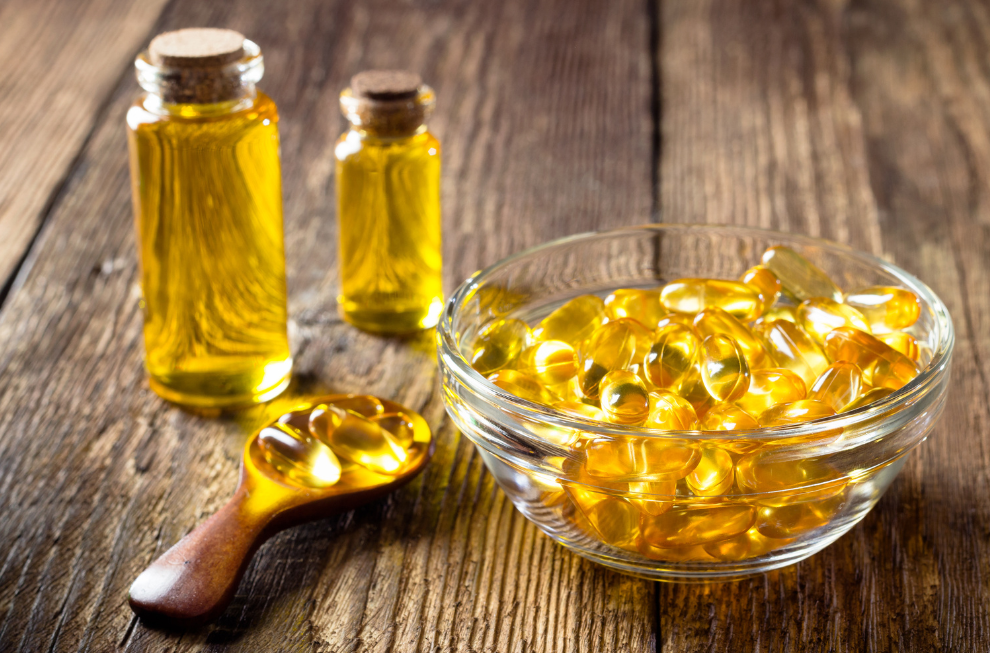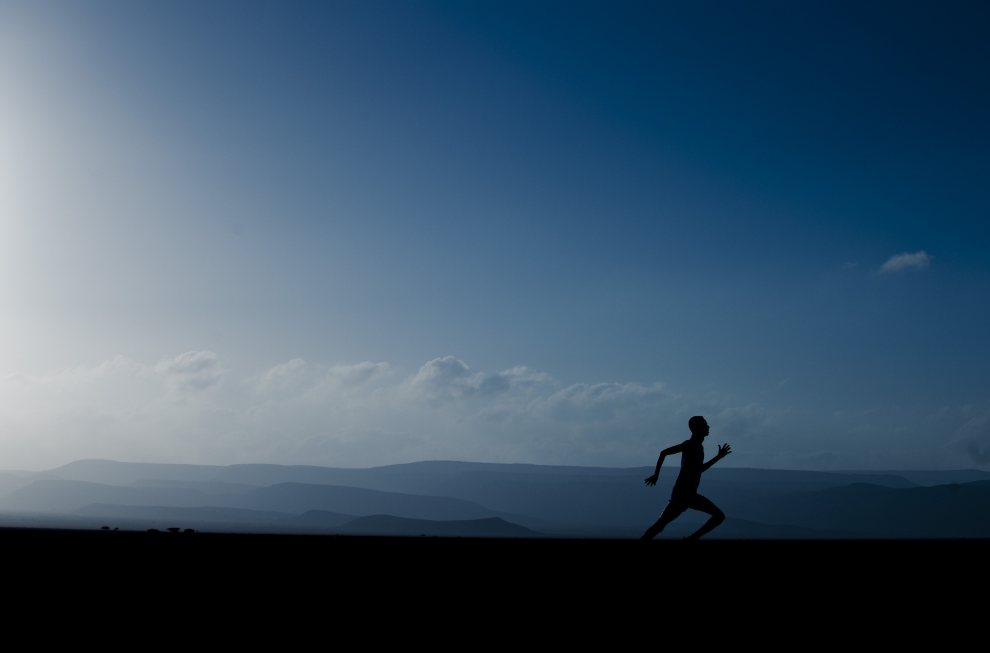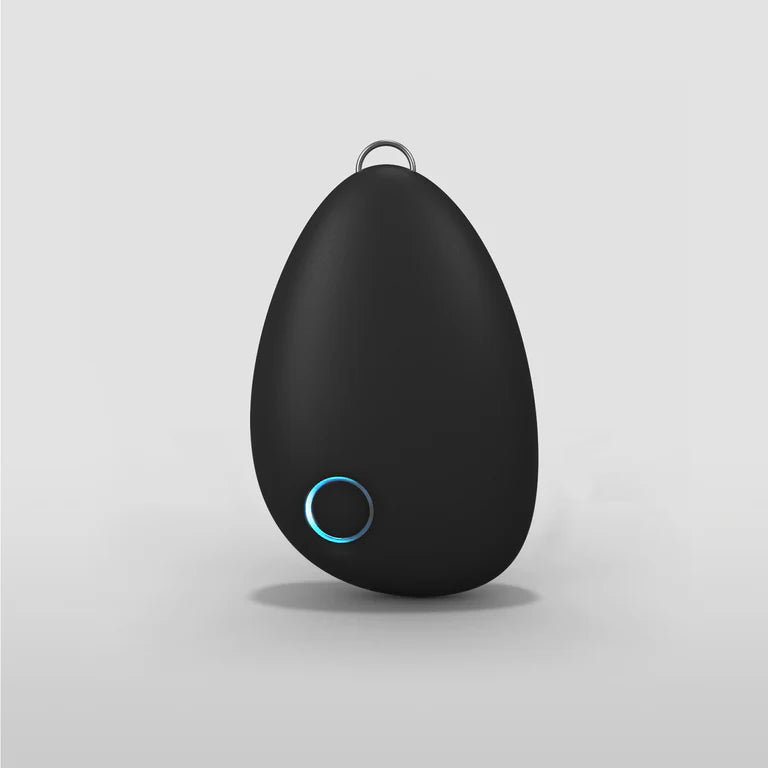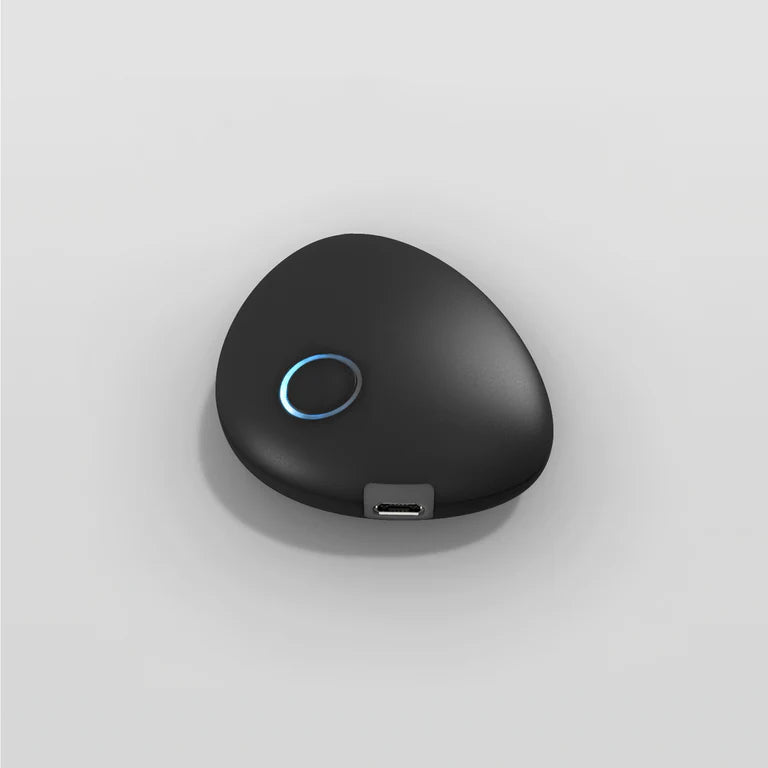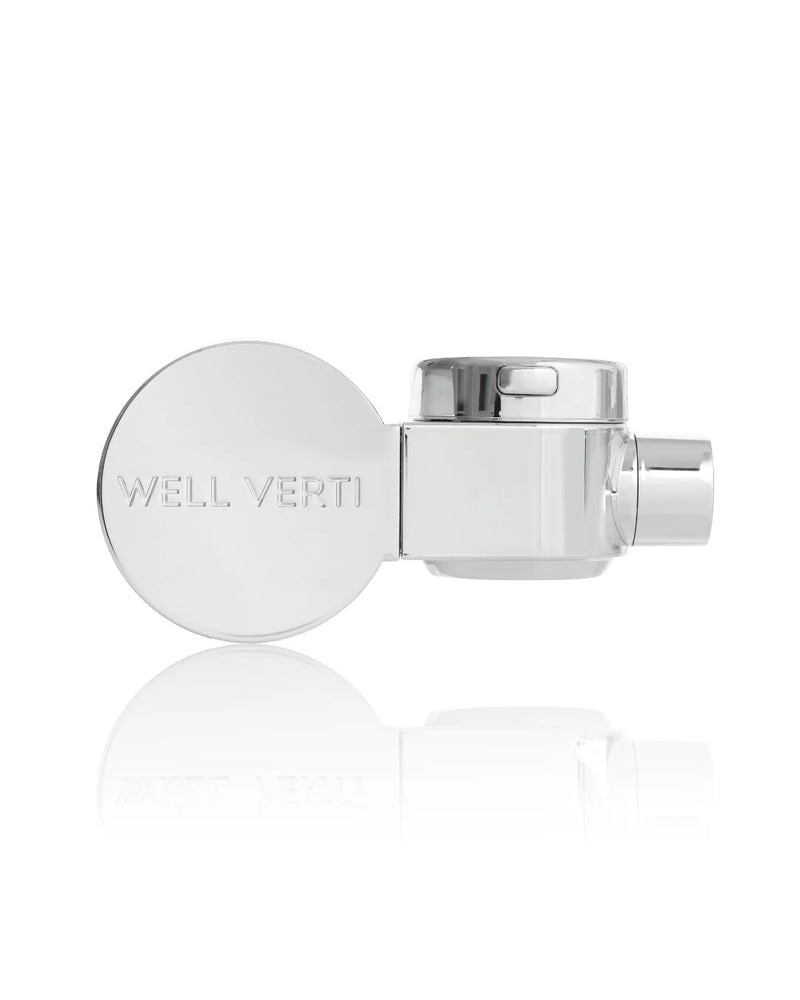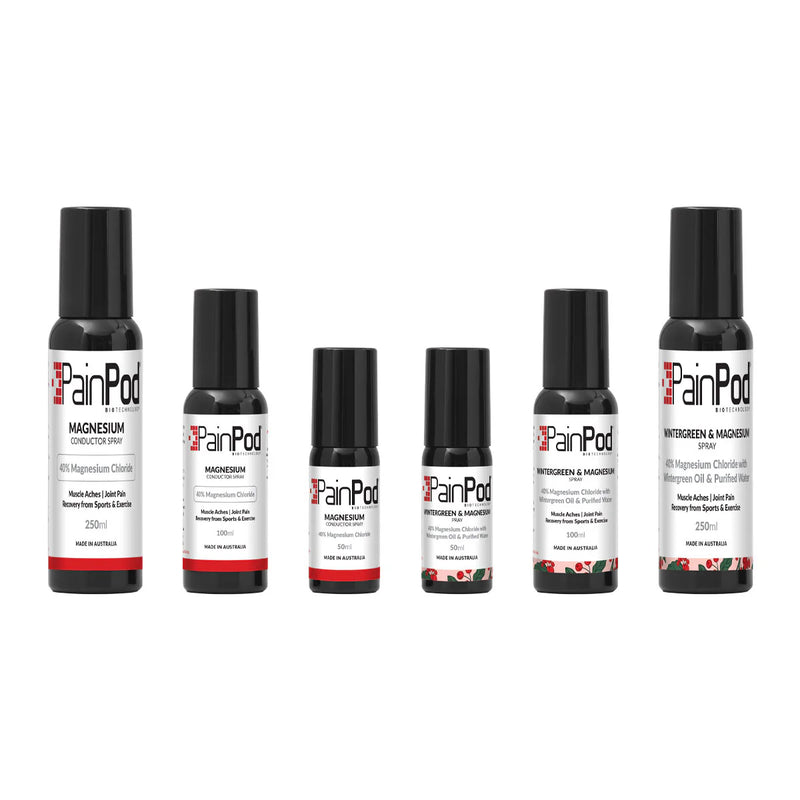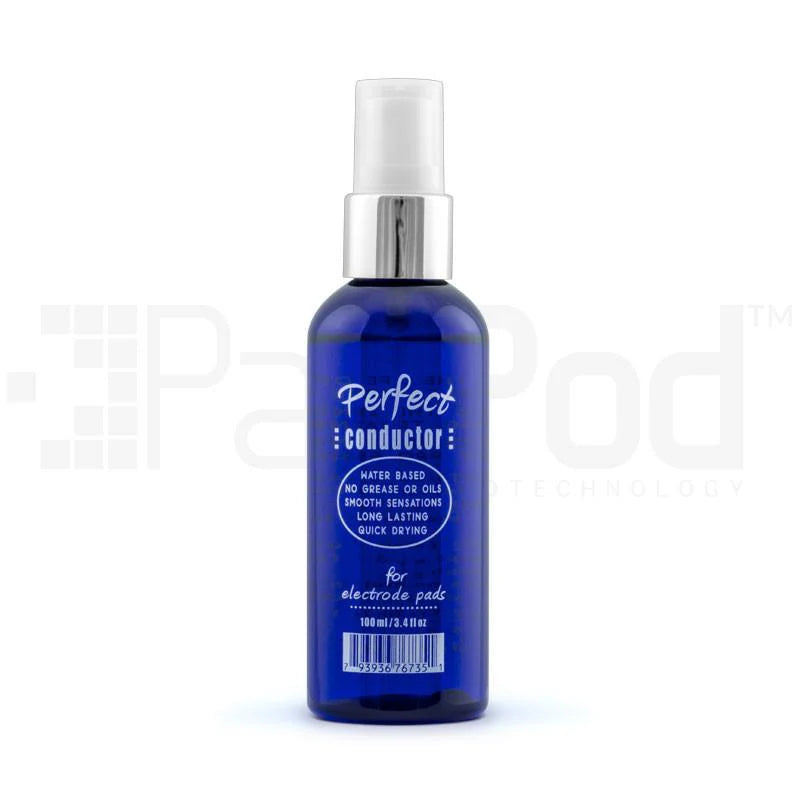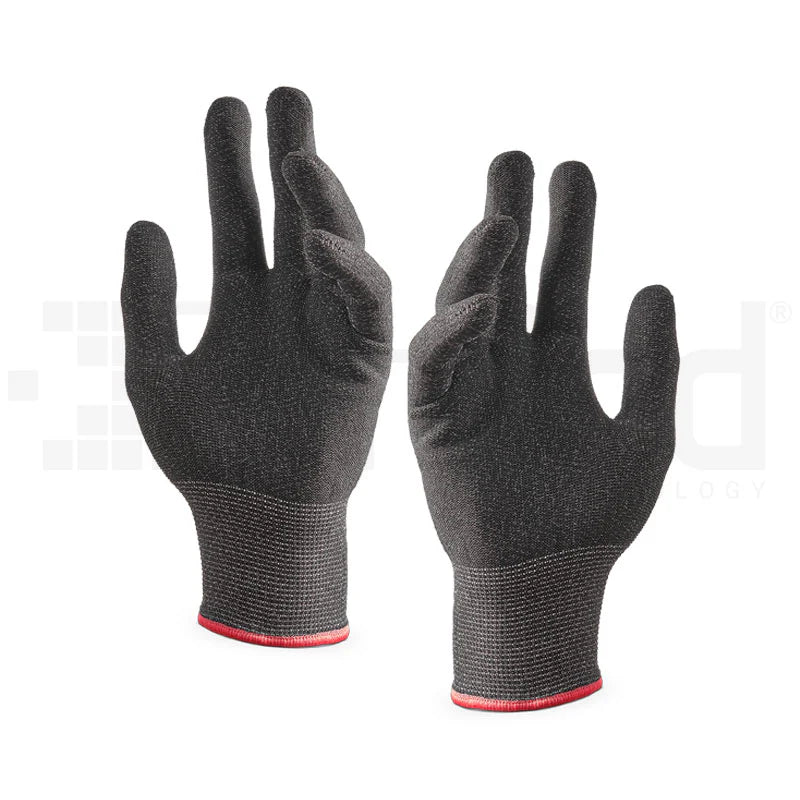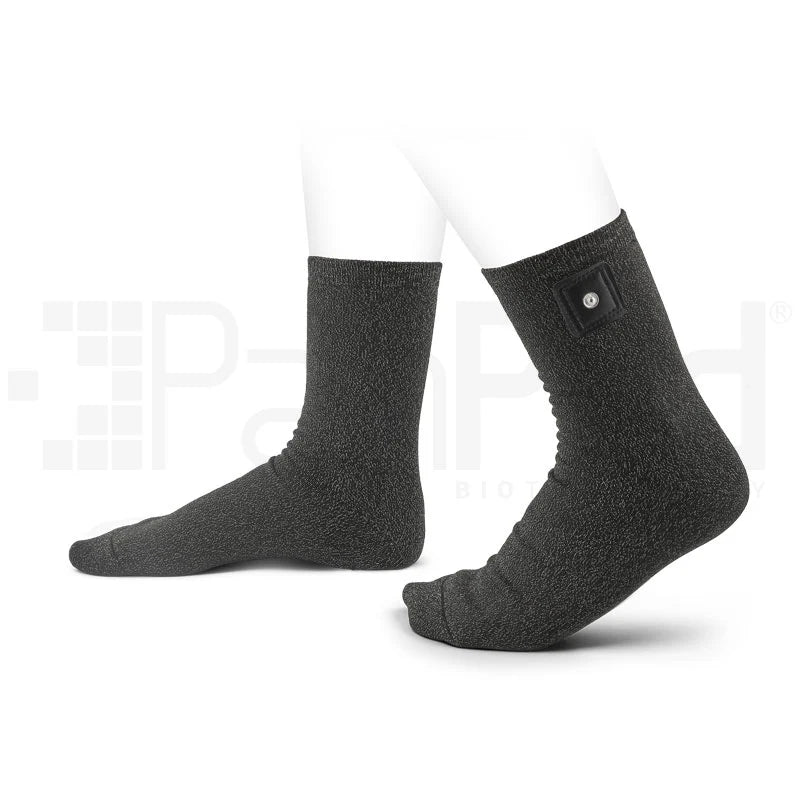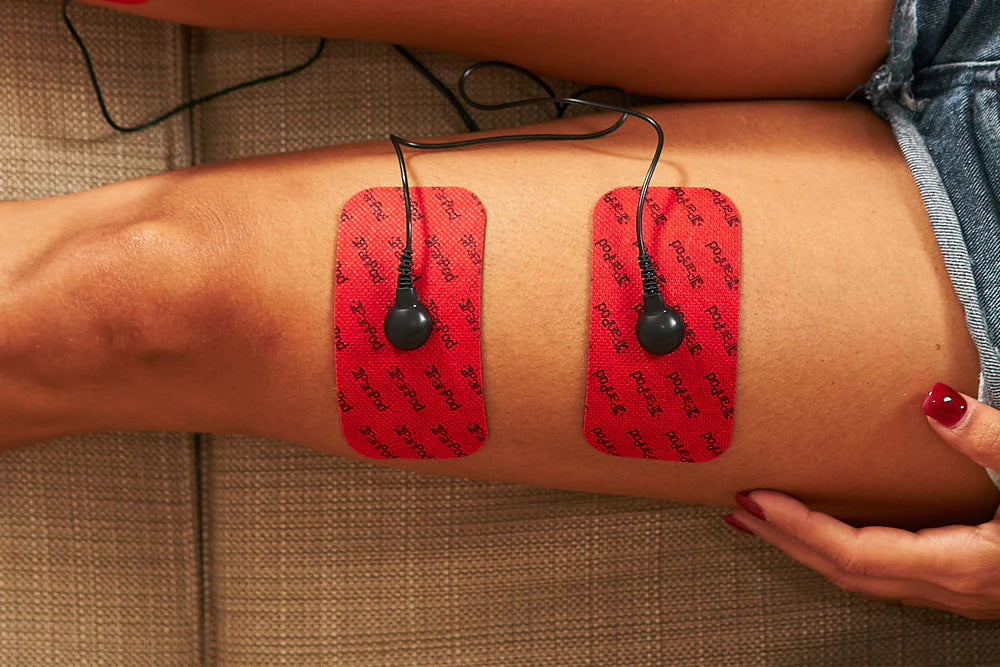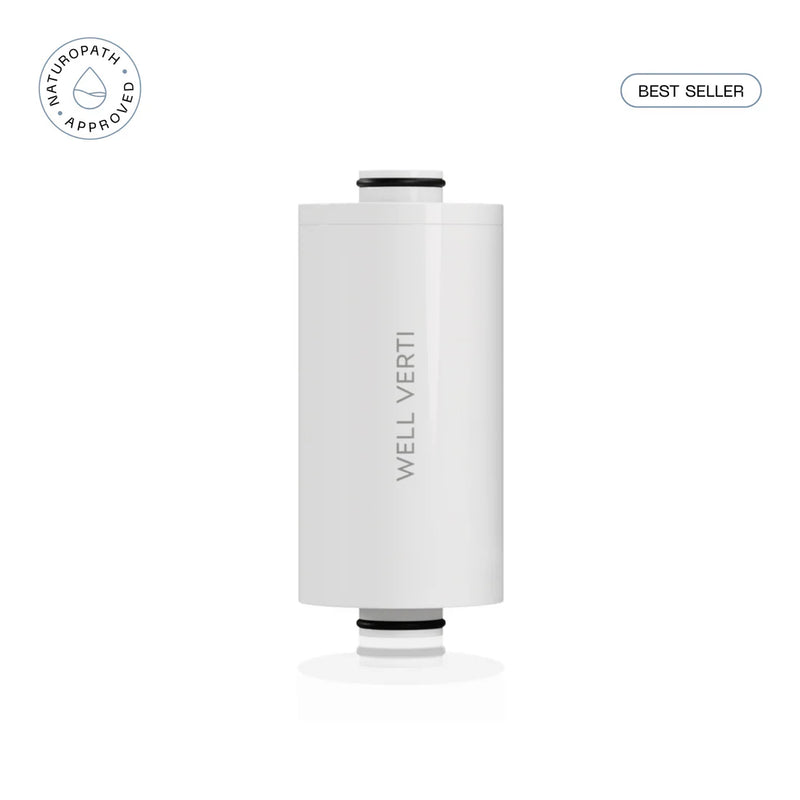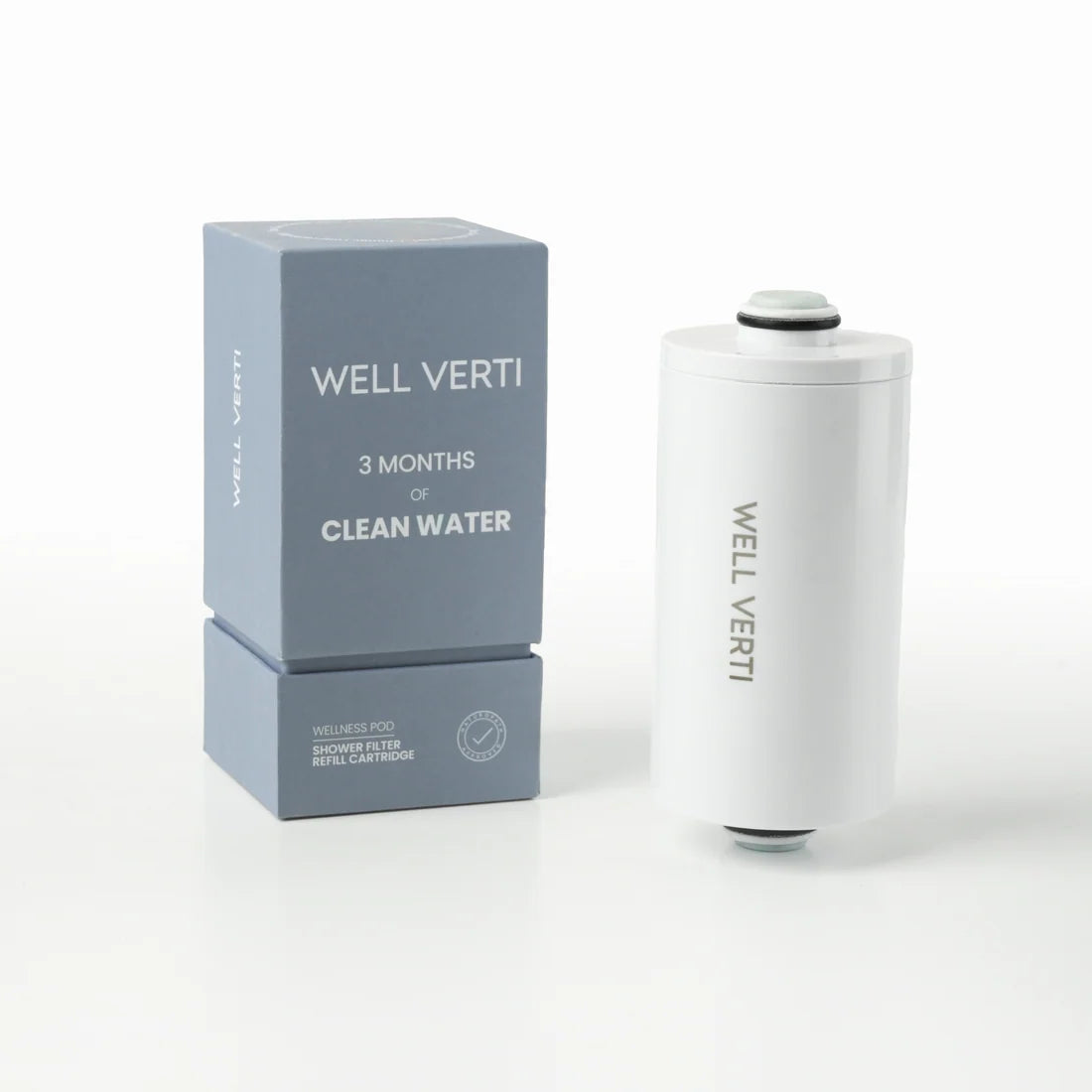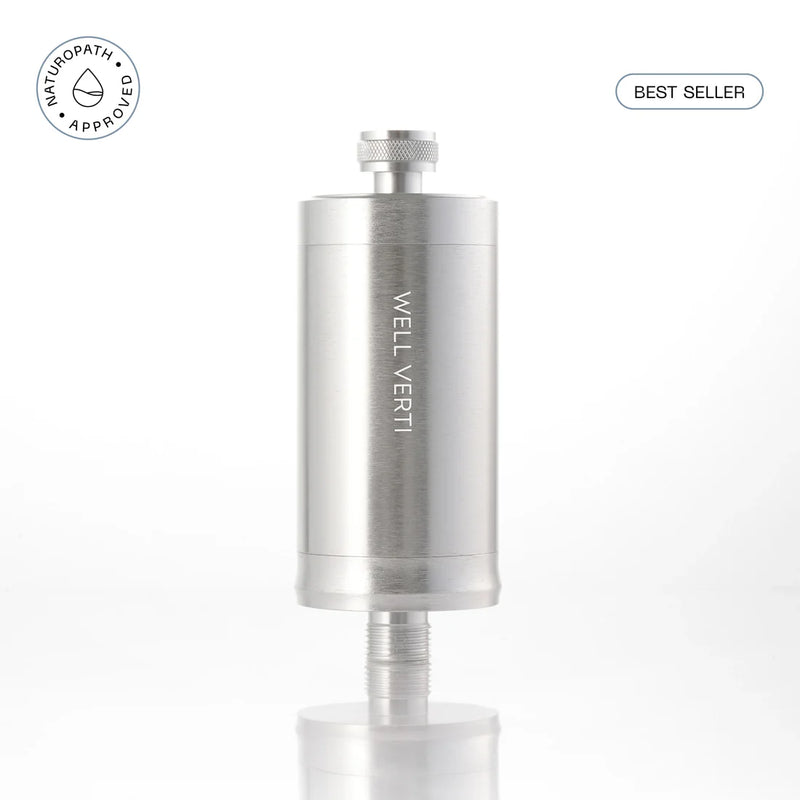Despite its importance, many people struggle to get sufficient, high-quality sleep. Two common culprits that disrupt sleep patterns are caffeine and alcohol. Understanding how these substances affect sleep can help you make better choices.
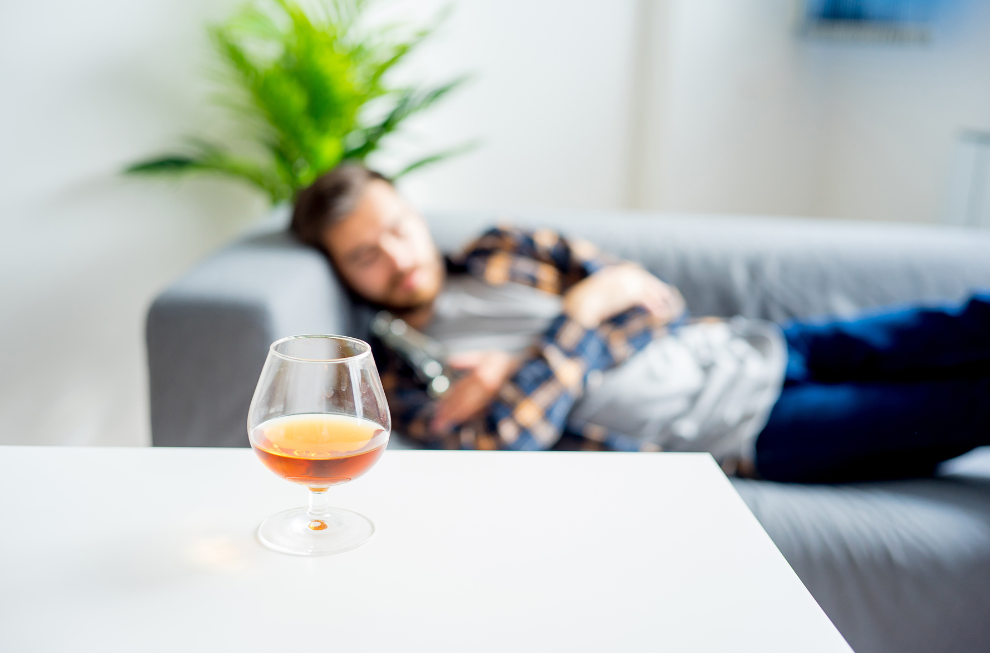
How Caffeine and Alcohol Affect Your Sleep
As you're no doubt aware... Sleep is very important for your health. It helps your brain work well, your body recover, and your overall wellbeing. But many people have trouble getting enough good sleep.
Two common things in people's diets that can make sleep worse are caffeine and alcohol. Learning how they affect your sleep can help you make better choices.
Caffeine and Sleep
Caffeine is found in coffee, tea, soft drinks, and energy drinks. People often drink it to stay awake and alert. But caffeine can make it harder to sleep. ESPECIALLY after midday.
How caffeine affects sleep:
Caffeine blocks a chemical in your brain called adenosine. Adenosine helps you feel sleepy. When caffeine blocks it, you feel more awake and alert.
What Research Shows
- Harder to Fall Asleep: Drinking caffeine, especially in the afternoon or evening, can make it take longer to fall asleep. One study found that having caffeine six hours before bed can reduce sleep by over an hour.
- Lower Sleep Quality: Caffeine can also reduce the amount of deep sleep you get. Deep sleep is important for your body to recover and for your memory.
-
Different Effects on People: Some people feel caffeine more than others because of genetics. Some might stay awake longer or sleep less deeply.
Alcohol and Sleep
Alcohol is often used to relax. At first, it might help you fall asleep faster. But its effects can be tricky.
Initial vs. Later Effects:
- Sleep Breaks: Alcohol can make you wake up more during the night.
- REM Sleep: Alcohol reduces REM sleep, the stage that helps your brain process emotions and memories. This can lead to vivid dreams or waking up more often.
-
Body Clock: Drinking alcohol regularly can confuse your body’s sleep-wake cycle, making it harder to fall asleep or wake up at the same time each day.
Combining Caffeine and Alcohol
Some people mix caffeine and alcohol, like in certain drinks (such as an espresso martini) or combine a coffee after dinner to try to and stay awake while drinking. Caffeine can hide how sleepy alcohol makes you, which may lead to drinking more alcohol than intended. Of course, this can make sleep problems worse.
Tips for Better Sleep
- Limit Caffeine: Avoid caffeine at least six hours before bedtime.
- Drink Alcohol in Moderation: Don’t drink alcohol within three hours of going to bed.
- Keep a Sleep Routine: Go to bed and wake up at the same times each day. Create a relaxing routine before sleep.
- Pay Attention: Notice how much caffeine and alcohol you consume and when. Adjusting your habits can help your sleep.
Conclusion
Of course it's not always easy to maintain a great sleep routine, 100% of the time. You're going to have variation from week to week, especially if you have a social life linked to going out at night.
Caffeine and alcohol are common in daily life, but they can definitely hurt your sleep if not managed. By understanding how they work in your body, you can make better choices to get deep, restorative sleep. Limiting these substances, especially close to bedtime, is an important step for better health and wellbeing.
While many factors contribute to sleep quality, recent research has highlighted the potential benefits of omega-3 fish oils. These essential fatty acids play a significant role in various bodily functions, including sleep regulation.
Read More
Related Products
- Regular Price
- $421.52
- Sale Price
- $421.52
- Regular Price
-
$479.00
- Unit Price
- per
